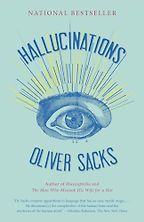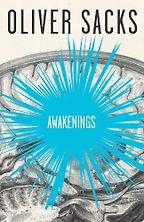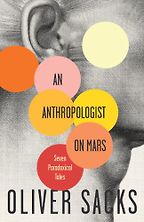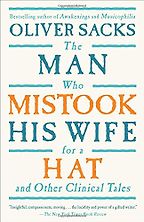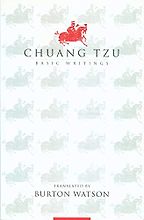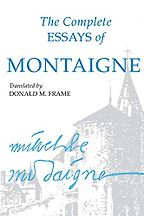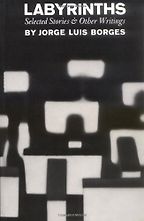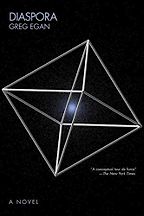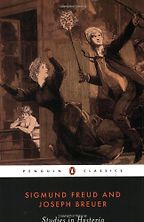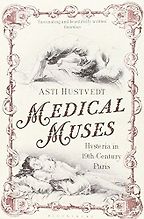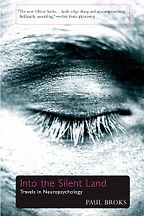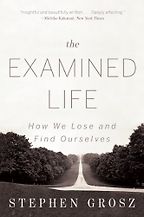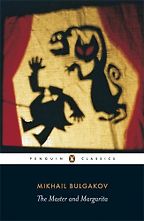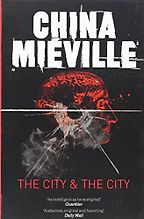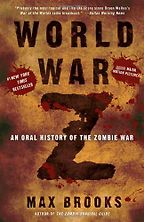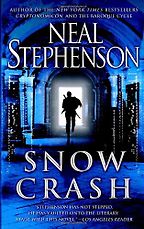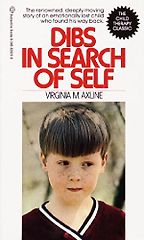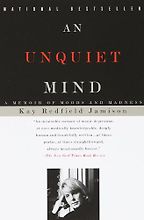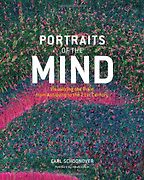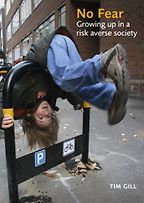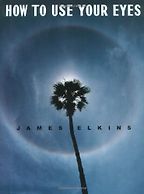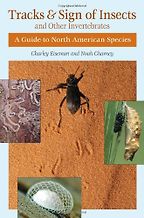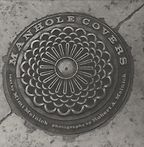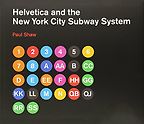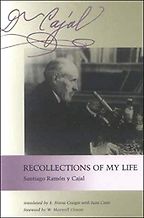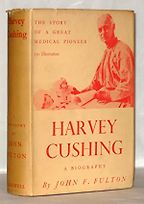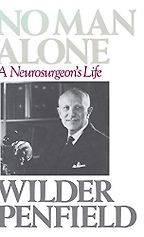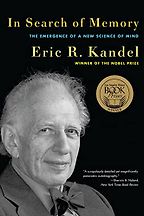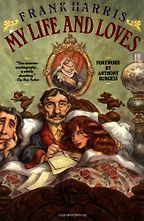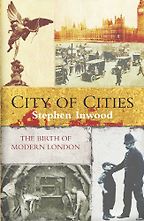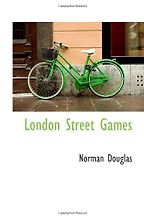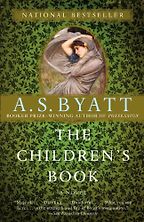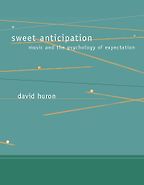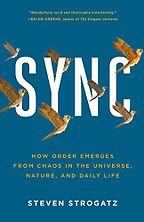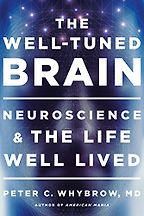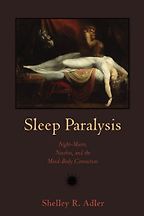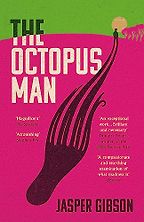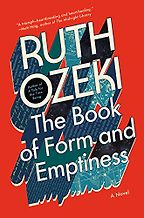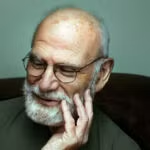
Books by Oliver Sacks
Oliver Wolf Sacks (July 1933 – August 2015) was a renowned British neurologist and author whose books delved into the realms of the human brain and the complexities of the human mind.
His books The Man Who Mistook His Wife for a Hat and Awakenings became beloved classics, offering glimpses into the lives of individuals with neurological disorders and the profound impact these conditions have on their sense of self and perception of the world.
“Sacks in Hallucinations makes very clear that this book isn’t about schizophrenia or psychosis, it’s almost a catalogue of all the other forms of hallucination, the panoply of illusory phenomena out there, which is much broader than people appreciate. Compared to some of his earlier work it’s less autobiographical and story based. There are just lots and lots of examples. But the sheer breadth of it is really useful for understanding the different ways in which people might have hallucinatory experiences, whether it’s in survival situations, grief, endurance sports or neurological disorders.” Read more...
The best books on Hallucination
Ben Alderson-Day, Psychologist
“I became interested in neuroscience because of the way Oliver Sacks uses stories to illuminate science.” Read more...
The best books on Emotion and the Brain
Morten Kringelbach, Medical Scientist
“Sacks, a neurologist without university support for most of his career, was arguably the foremost neurologic belle-lettrist of his generation. Poignantly and meticulously he set down the case histories of 20 of his patients at Beth Abraham Hospital in the North Bronx. These patients had post-encephalitic Parkinsonism brought on by von Economo’s encephalitis which raged worldwide in 1916 and 1917. The sense of wonder about the human neurologic condition is all too often dulled by the daily workflow of diagnosis and treatment. Oliver Sacks’ oeuvre is a powerful restorative for the fascination that starts us out in the practice of the field of applied human biology called, simply, ‘medicine.’” Read more...
The best books on Clinical Neuroscience
Frederick Lepore, Medical Scientist
No list of physician writers would be complete without the man so often described as “the poet laureate of medicine.” In this 1973 book, one of his best known works—later adapted both as a play by Harold Pinter, and a Hollywood movie starring Robert De Niro—Sacks relates his efforts to bring sleeping sickness patients back to consciousness after decades in a catatonic stupor. Also unmissable from Sacks’ back catalogue are The Man Who Mistook His Wife for a Hat and An Anthropologist on Mars
From our article Books like This is Going to Hurt
“Sacks’s books are an inspiration to me in bringing together scientific and philosophical reflections on various human conditions.” Read more...
The best books on The Art of Observation
Alexandra Horowitz, Psychologist
“What would that be like? What would it be like to be unable to lay down any new memories, to think it’s 1945 all the time and everybody you meet is new? It’s fascinating to imagine, and I feel a lot of sympathy for the Mariner even though he doesn’t know how bad he has it.” Read more...
The best books on Philosophical Wonder
Eric Schwitzgebel, Philosopher
Interviews where books by Oliver Sacks were recommended
The best books on Philosophical Wonder, recommended by Eric Schwitzgebel
We think of philosophy as a discipline that interrogates complex dilemmas—the nature of will, right and wrong, human freedom—with logic, reasoned thought and argument. But what do the moments in philosophy that make us stop and look outside ourselves have to teach us? According to Eric Schwitzgebel, philosopher at the University of California Riverside, they can open up worlds of fresh possibility. Here he recommends five books of philosophical wonder.
-

1
Studies in Hysteria
by Josef Breuer & Sigmund Freud -

2
Medical Muses: Hysteria in Nineteenth-Century Paris
by Asti Hustvedt -

3
The Man Who Mistook His Wife for a Hat
by Oliver Sacks -

4
Into the Silent Land: Travels in Neuropsychology
by Paul Broks -

5
The Examined Life: How We Lose and Find Ourselves
by Stephen Grosz
The best books on Psychosomatic Illness, recommended by Suzanne O'Sullivan
The best books on Psychosomatic Illness, recommended by Suzanne O'Sullivan
We still understand very little about the workings of the brain, and yet we dismiss the tricks it can play on us as undeserving of the same sympathy as physical illness. Neurologist and author Suzanne O’Sullivan recommends the best books on psychosomatic illness.
The best books on Surrealism and the Brain, recommended by Bradley Voytek
Neurological disorders lead to far more surreal stories than those we find in science fiction, argues University of California neuroscientist Bradley Voytek.
The best books on Child Psychology and Mental Health, recommended by Tanya Byron
Clinical psychologist, author and broadcaster discusses the stigmas attached to mental health problems, and asks whether, as a society, we are really doing what’s best for our children
The best books on The Art of Observation, recommended by Alexandra Horowitz
How much do we take in of the world around us? You can tell a lot more about your surroundings than you realise, if you only know how and where to look, as the psychologist explains
The best books on Clinical Neuroscience, recommended by Frederick Lepore
We still don’t have a complete understanding of the ‘terra incognita’ that is the human brain, says Frederick Lepore—the noted US neurologist and author of Finding Einstein’s Brain—but we’ve made enormous breakthroughs over the past hundred years. Here, he selects five of the best books that detail the development of the strange and delicate study of clinical neuroscience through the eyes of its researchers.
Will Self on Literary Influences
Conventional prose fiction falls short of the mark, says English author Will Self. He tells us about his modernist novel Umbrella, what the real character of London is, and why he can’t stand the Olympics
-

1
The Children's Book
by A.S. Byatt -

2
On the Move: A Life
by Oliver Sacks -

3
Sweet Anticipation: Music and the Psychology of Expectation
by David Huron -

4
Sync: How Order Emerges from Chaos In the Universe, Nature, and Daily Life
by Steven Strogatz -

5
The Well-Tuned Brain: Neuroscience and the Life Well Lived
by Peter C. Whybrow
The best books on Emotion and the Brain, recommended by Morten Kringelbach
The best books on Emotion and the Brain, recommended by Morten Kringelbach
We live at a time of unprecedented insight into the workings of our own minds. We can use this knowledge to improve both ourselves and humanity, argues the neuroscientist.
The best books on Hallucination, recommended by Ben Alderson-Day
Hallucinations can be strange, alarming, even sometimes exciting. They affect the mentally ill and the chemically altered, but also those suffering from migraine, Parkinson’s, and even grief. Researcher Ben Alderson-Day talks us through this odd phenomenon as he selects five of the best book on hallucination.
